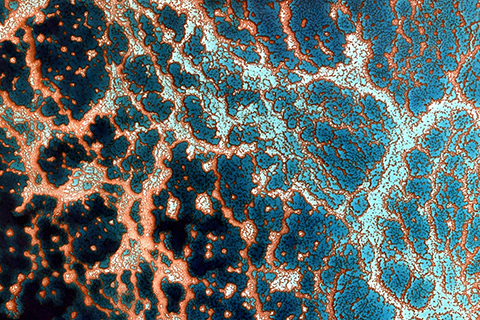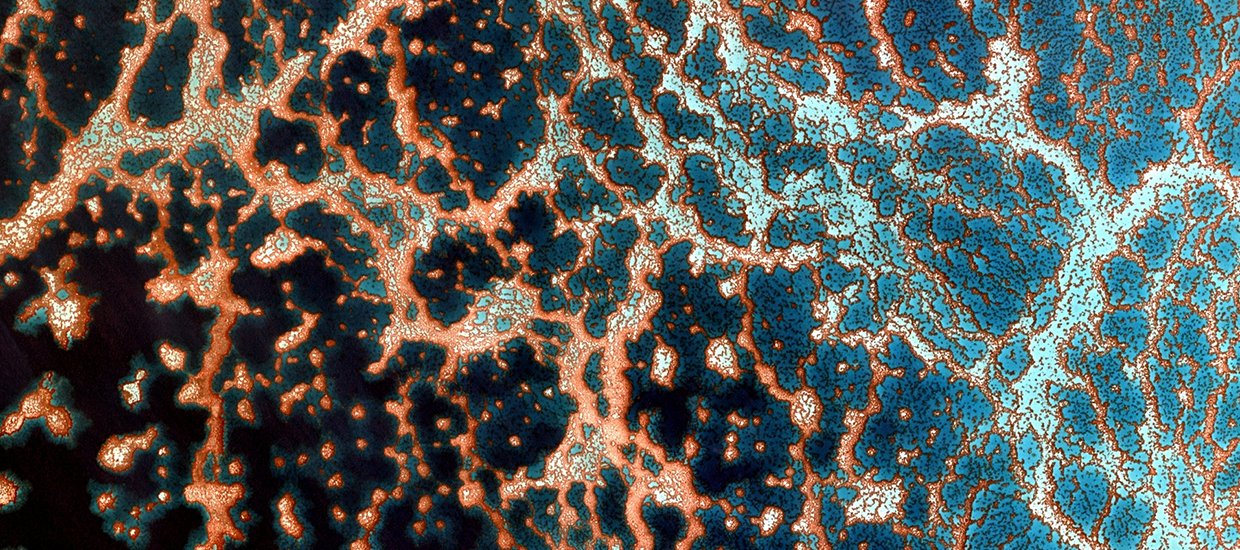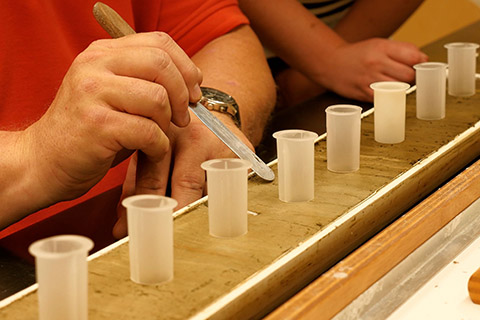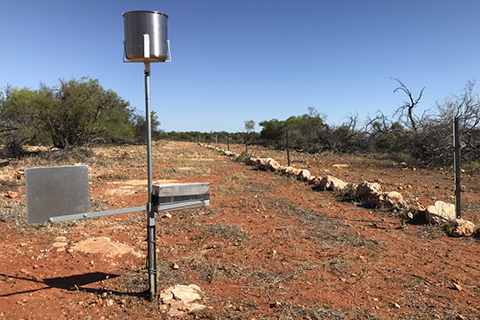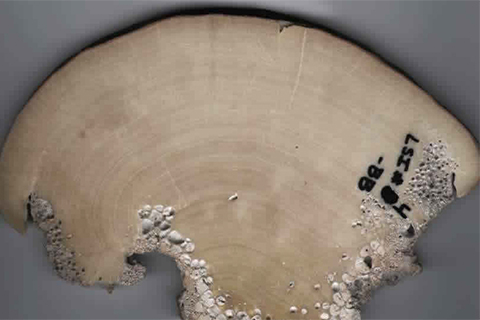Our study of carbonates depositional systems follows the philosophy of ‘comparative sedimentology’ as proposed by Robert Ginsburg. Here, we study modern depositional processes and compare the resulting sedimentary patterns within and between geological periods from the Proterozoic to Modern in both marine and lacustrine environments in an effort to seek congruencies. The paleoenvironmental information held within these accumulations can be decoded via analysis of physical and chemical properties, such as the distribution of grain sizes and shapes, the stable isotopic composition, or the presence of fossils. We have active projects spanning all such disciplines, from the deepest marine sediments up to shallow water environments.
Situated in Miami, our team has traditionally focused on tropical carbonates such as those situated in our back yard – the Bahamas – a venue which has evolved to be the most intensively studied modern analog for ancient shallow water carbonate environments. Several projects in the deep-water environments surrounding the Bahamian and other platforms reveal a thriving ecosystem of cold-water corals in a seascape that is shaped by the combined effect of mass gravity processes and currents. Beyond the rocks themselves, we also work on technology development, such as the enhanced use of reflection seismic, ground-penetrating radar, and remote sensing to resolve the patterning and architecture of modern and ancient systems alike. And we develop mathematical simulations to model them. Whereas carbonate rocks reveal the evolution of life and the biosphere back as far as 4 billion years, it is now drastically apparent that the most iconic carbonate system, Earth’s coral reefs, are undergoing a crisis. As such, we have a swath of projects aimed at developing regional- to global-scale assessments of reef health and status that are relevant to supporting conservation efforts in the form of marine protected areas.



